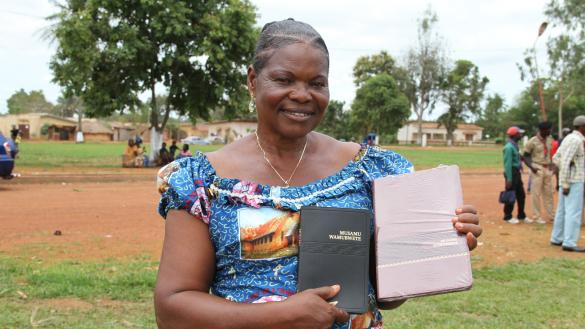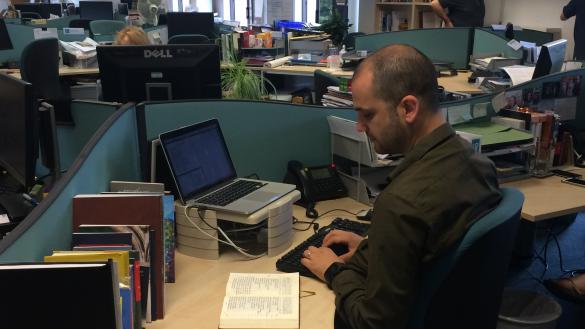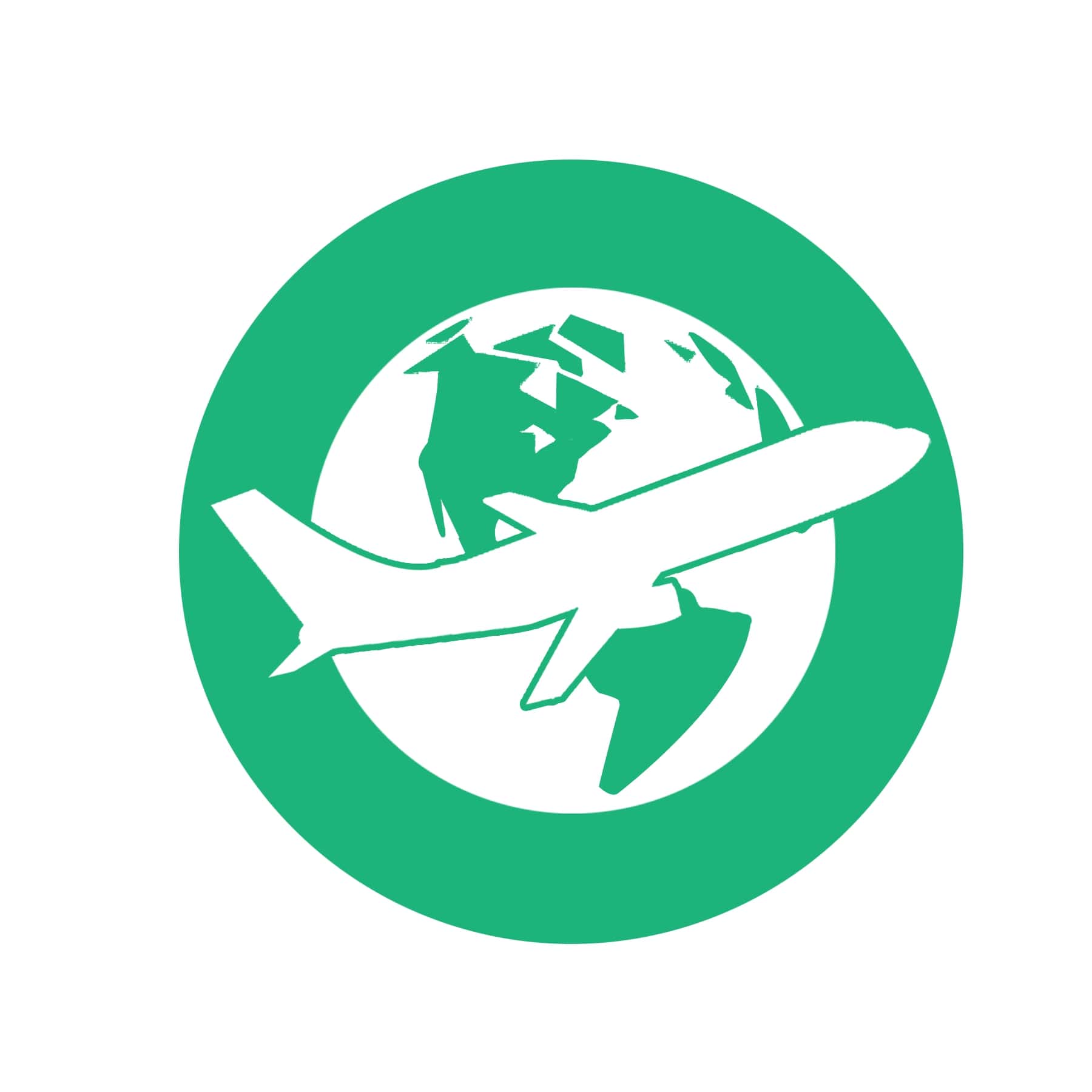What Happens When a Village Gets the Bible in its Heart Language?
This article was originally posted by the British and Foreign Bible Society.
Though Christianity had been part of their culture for 100 years, there was no Bible in the Beembe language. It took 20 years of dedicated translation work for them to get a Beembe Bible – but when they did, they showed us how to party…
Imagine fumbling through a dense, tricky text in a second language. You can read it, but it’s hard. You understand in part, but you can't quite capture the meaning. This was the case for the Beembe people of Congo Brazzaville, who only had access to Bibles their second language: French.
Lost in translation
‘For me, the problem with the Bible in French was that I had trouble understanding certain concepts and words. So I didn’t read the Bible very often,’ 54-year-old farmer, Pierrette, explains.
Pierrette’s experience isn’t rare. For many people reading the Bible in a second language, the challenge of understanding is significant. But not only that, they’re not experiencing the message of the Bible in the words they can relate to; the words they use in their thoughts, their hearts.
A word in season

More than 1,000 people gathered for the ceremony to launch the first ever Beembe New Testament in early 2014. Elders banged drums and shook rattles. Young dance troupes performed energetic routines. People cheered.
Though Christianity has been part of the Beembe culture for 100 years, this was the first time the community had Scripture in their language. And the joy was palpable.
‘Now we have our own Beembe New Testament, I am very happy,’ Pierrette says.’ It will help us strengthen the faith of our children, who will discover a deeper relationship with God.’
Decades of dedication
Jacques Mberi is the man behind the Beembe Bible. He has spent decades poring over Hebrew and Greek, considering the best ways to convey the meaning of each verse – especially when there’s not always a direct translation.
He smiled through tears as he said, ‘I am like Simeon, who waited years and years until he could see the Lord Jesus, and then once he did, he could die. I have worked hard to see this translation finished. It is my child, my pride and joy.’
Completing the task
 Now the Beembe people have asked to have the Old Testament translated into their language and Jacques is already on the case.
Now the Beembe people have asked to have the Old Testament translated into their language and Jacques is already on the case.
But until then, we’re celebrating that this people group are now experiencing the New Testament in the language they most love and truly understand.
Find out more about funding similar projects around the world
62-year-old Mbambouloulu Evelyne clutched her Beembe New Testament and said, ‘I am delighted with this New Testament. It touches my soul. It allows me to feel closer to God, and I give thanks to God for this precious gift.’
 If it’s not a simple translation — for example, there isn’t a direct equivalent for the Hebrew word in Albanian or the original Hebrew is unclear — then I do more research. I spend a lot of time reading commentaries and look at the Hebrew context, as well as how other translators have handled the same verse in other languages.
If it’s not a simple translation — for example, there isn’t a direct equivalent for the Hebrew word in Albanian or the original Hebrew is unclear — then I do more research. I spend a lot of time reading commentaries and look at the Hebrew context, as well as how other translators have handled the same verse in other languages.


